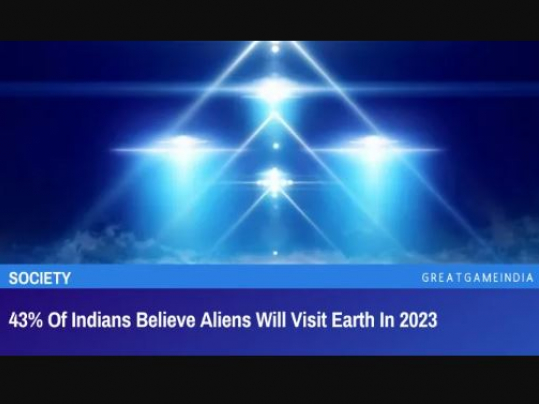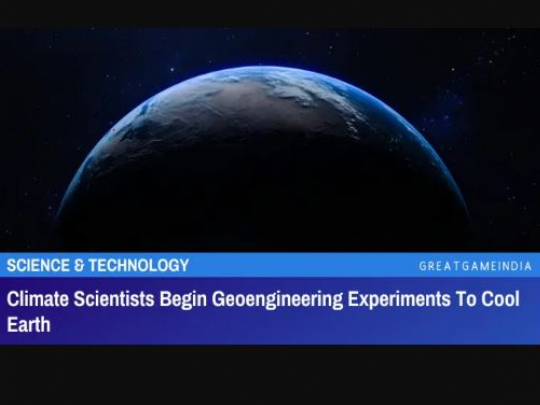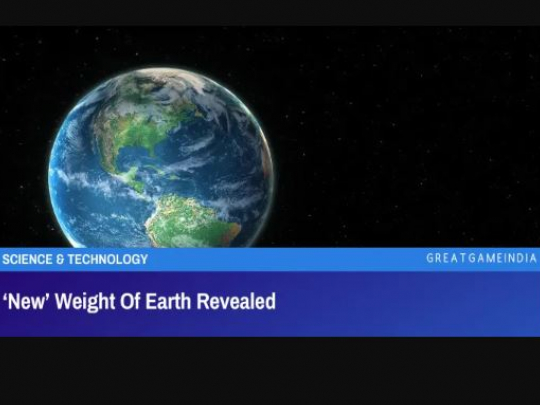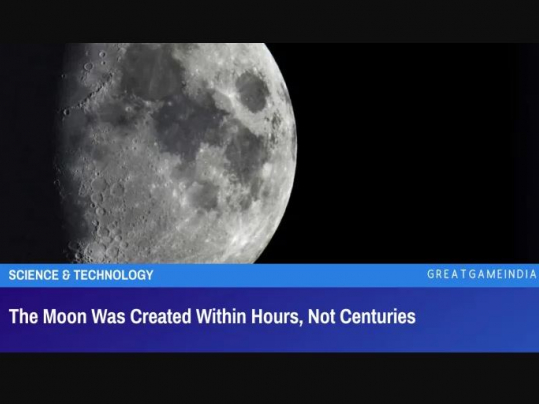Solar system’s weirdest moon: Seas of methane & ‘electric sands’
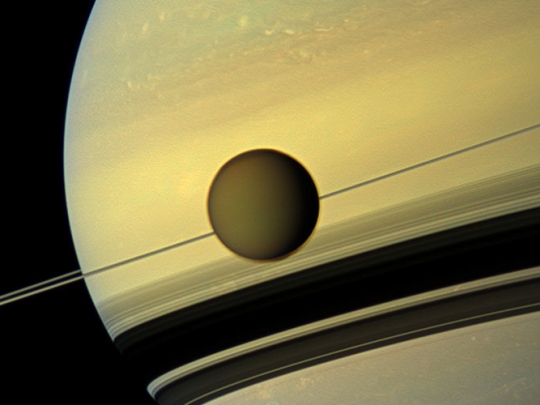
While Saturn’s largest moon Titan may appear Earth-like at first glance, with liquid oceans, mild breezes, and sandy beaches, new research by scientists at Georgia Tech shows it truly is an alien world unlike anything we know here on Earth.
“If you grabbed piles of grains and built a sand castle on Titan, it would perhaps stay together for weeks due to their electrostatic properties,” Josef Dufek, the Georgia Tech professor who co-led a study into Titan’s so-called ‘electric sands,’ said in a statement.
“These non-silicate, granular materials can hold their electrostatic charges for days, weeks, or months at a time under low-gravity conditions,” study co-author George McDonald added.
To emulate the type of sand and the atmosphere that would be found on Saturn’s largest moon, researchers placed naphthalene and biphenyl grains (as opposed to the silicone-based type found here on Earth) into a modified, pressurized vessel filled with nitrogen for testing.
When they rotated the cylinder for a period of 20 minutes, they found that the sand clumped together with a far stronger bond than would be expected here on Earth even with wet sand.
Electrostatic sand is nothing particularly revolutionary, sand on Earth has similar properties, but the Georgia Tech study found that, given the particular atmospheric conditions on Titan, these properties are taken to a whole new level.
“Any spacecraft that lands in regions of granular material on Titan is going to have a tough time staying clean. Think of putting a cat in a box of packing peanuts,” Dufek added.
Winds on Titan are far more gentle than here on planet Earth, but because of the density of the atmosphere on the moon, gusts would feel four times as powerful, potentially ending any dreams of humans windsurfing on lunar beaches.
When combined with this electrostatically ‘sticky’ sand, any budding cosmic pioneers would spend more time cleaning their spaceship than they would exploring Titan’s liquid methane oceans and gigantic sand dunes.
“Landforms are influenced by forces that aren’t intuitive to us because those forces aren’t so important on Earth. Titan is a strange, electrostatically sticky world,” Josef Dufek, the Georgia Tech professor who co-led the study said, as cited by Gizmodo.
The researcher's findings have been published in the journal, Nature Geoscience.
- Source : RT




